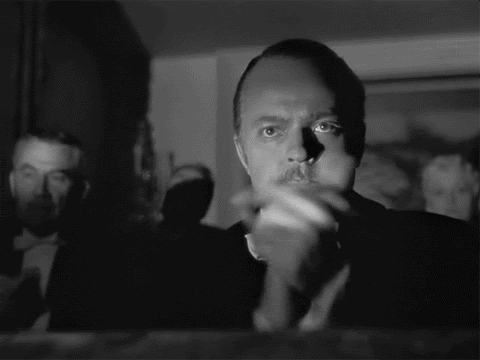-Image
courtesy of Fashion Abuse
Whereabouts
by Marcus
Jackson, from Neighborhood Register. © Caravan Kerry Press, 2011.
—to
Nicole
Finished early at the library,
I strolled Canal Street to fill
empty hours
before we'd meet home for dinner.
Late-winter light sneered,
reluctant to leave
the streets, bargain tables
with t-shirts or imposter purses,
jewelry coves
where gold necklaces refracted
from squares of scarlet felt.
All down Mulberry, arched
garlands of festival bulbs
shined champagne.
From Italian restaurant stoops,
waiters with handsome accents
lured tourists by describing
entrées like landscapes.
At Ferrara's dessert café,
the wait bent
halfway up the clogged block.
I whittled inside, browsed
glass cabinets of cookies,
yellow-shelled cannolis,
cakes displayed
on paper placemats
that looked like lace.
I arrived 40 minutes late.
You balanced, hand
against bedroom door-jamb,
pulling off your office heels.
Once you noticed the bakery box
under my arm, your face calmed—
my earlier whereabouts
evidenced in sweetness
we would fork from the same plate.
Finished early at the library,
I strolled Canal Street to fill
empty hours
before we'd meet home for dinner.
Late-winter light sneered,
reluctant to leave
the streets, bargain tables
with t-shirts or imposter purses,
jewelry coves
where gold necklaces refracted
from squares of scarlet felt.
All down Mulberry, arched
garlands of festival bulbs
shined champagne.
From Italian restaurant stoops,
waiters with handsome accents
lured tourists by describing
entrées like landscapes.
At Ferrara's dessert café,
the wait bent
halfway up the clogged block.
I whittled inside, browsed
glass cabinets of cookies,
yellow-shelled cannolis,
cakes displayed
on paper placemats
that looked like lace.
I arrived 40 minutes late.
You balanced, hand
against bedroom door-jamb,
pulling off your office heels.
Once you noticed the bakery box
under my arm, your face calmed—
my earlier whereabouts
evidenced in sweetness
we would fork from the same plate.
This
is a great little poem. I love how the first four stanzas start out slowly,
just snapshots and observations from a lengthy stroll, and then in the final
three stanzas we get a series of images that hone in on something very personal.
Still, until those final few lines, you get the sense that the whole thing is
centered on the narrator.
But
the last stanza turns the aimless loafer into a romantic hero. It suddenly
becomes a statement about a couple’s intimacy. And those last three lines are
worth the price of admission alone:
“my
earlier whereabouts
evidenced in sweetness
we would fork from the same plate”
Very
good, no? Have you had your socks knocked off by a good poem lately? Share them
in the comments.


















